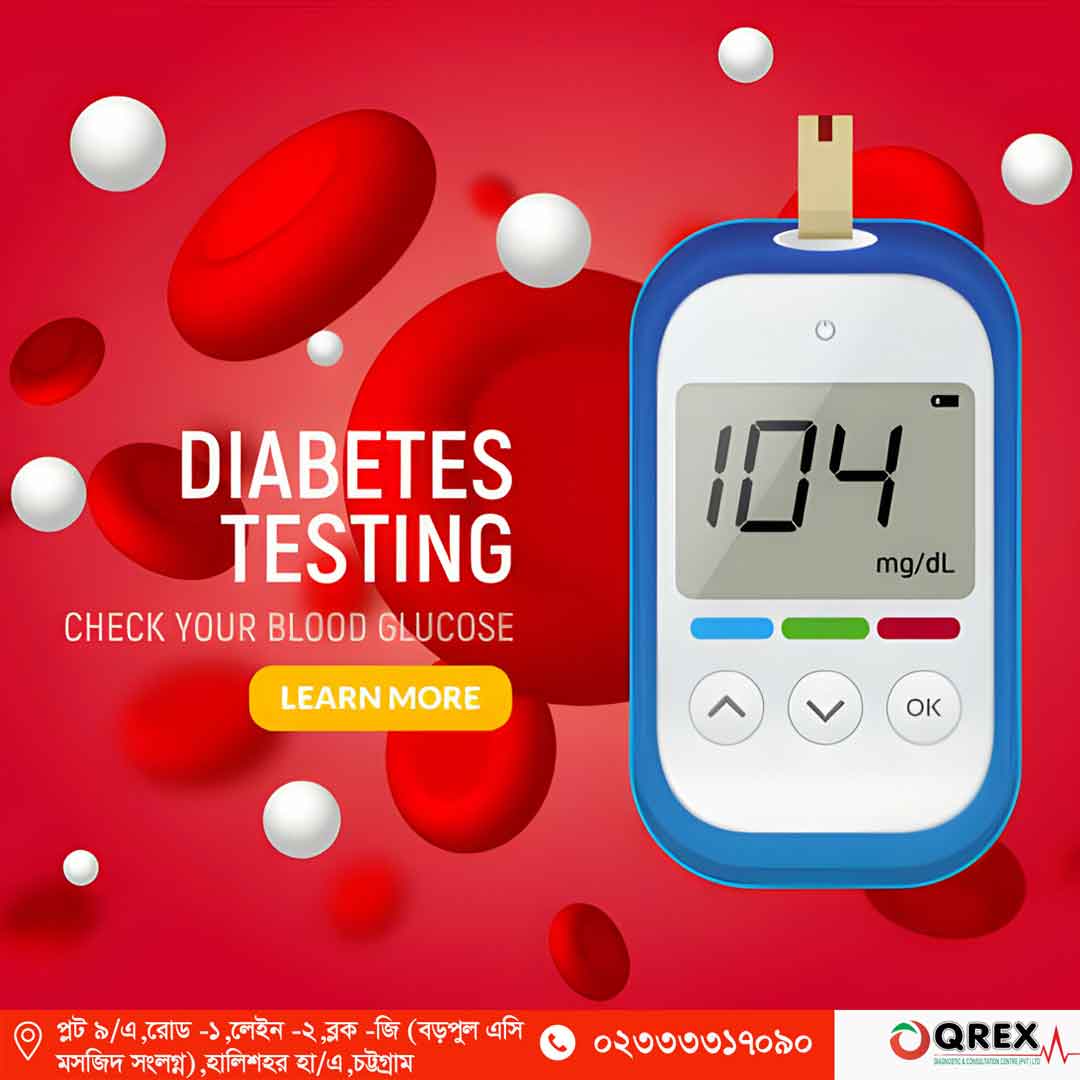Oral Glucose Tolerance Test
The Oral Glucose Tolerance Test (OGTT) is a vital diagnostic tool for assessing the body’s response to glucose. Also known as a Glucose Tolerance Test (GTT), it plays a crucial role in identifying diabetes and prediabetes, particularly in pregnant women and individuals with risk factors for metabolic disorders. In this Qrex article, we delve into the significance of OGTT, its procedure, and its relevance in managing glucose metabolism.
What is OGTT Test and Why is it Important?
OGTT is a screening test to evaluate how effectively the body processes glucose. Glucose, a primary energy source derived from carbohydrates, is regulated by insulin, a hormone produced by the pancreas. Disturbances in this regulation, as seen in diabetes, can lead to elevated blood sugar levels, posing serious health risks.
Importance of OGTT in Different Situations
- Gestational Diabetes Screening: Pregnant women undergo OGTT to detect gestational diabetes, a condition that can harm both mother and baby if left undiagnosed and untreated.
- Diagnosis of Diabetes: OGTT provides comprehensive information on glucose metabolism, aiding in diagnosing diabetes and prediabetes when other tests may be inconclusive.
- Monitoring Glucose Control: For individuals already diagnosed with diabetes, OGTT helps assess the effectiveness of treatment plans in controlling blood sugar levels over time.
- Therapeutic Efficacy: It serves as a tool for healthcare providers to adjust medication dosages and dietary interventions based on an individual’s glucose tolerance.
Procedure of OGTT
The OGTT procedure involves several steps to ensure accurate results:
- Preparatory Phase: Individuals are advised to consume a carbohydrate-rich diet three days before the test. Fasting from midnight before the test is essential.
- Baseline Glucose Measurement: A fasting blood sample is taken to establish baseline glucose levels.
- Glucose Consumption: Individuals ingest a glucose-rich solution containing 75 grams of glucose.
- Monitoring: Blood sugar levels are measured regularly, typically 30 minutes, 1 hour, and 2 hours after glucose consumption.
Interpretation of Results
The interpretation of OGTT results varies based on the test’s purpose and individual circumstances. Normal readings indicate efficient glucose metabolism, while elevated levels may suggest impaired glucose tolerance or diabetes.
OGTT Test Price in Bangladesh
The cost of OGTT in Bangladesh may vary slightly depending on the region and healthcare provider. However, it typically falls within a certain price range. Individuals considering OGTT should inquire about the specific cost of their healthcare provider or clinic. As per available information, the approximate cost for OGTT test price in bangladesh ranges from 600 tk for a test involving two samples to 900 tk for three samples.
In conclusion, the Oral Glucose Tolerance Test is valuable in assessing glucose metabolism and diagnosing diabetes, especially in high-risk populations such as pregnant women. By understanding its procedure and significance, individuals can prioritize their health and seek timely intervention when necessary.

